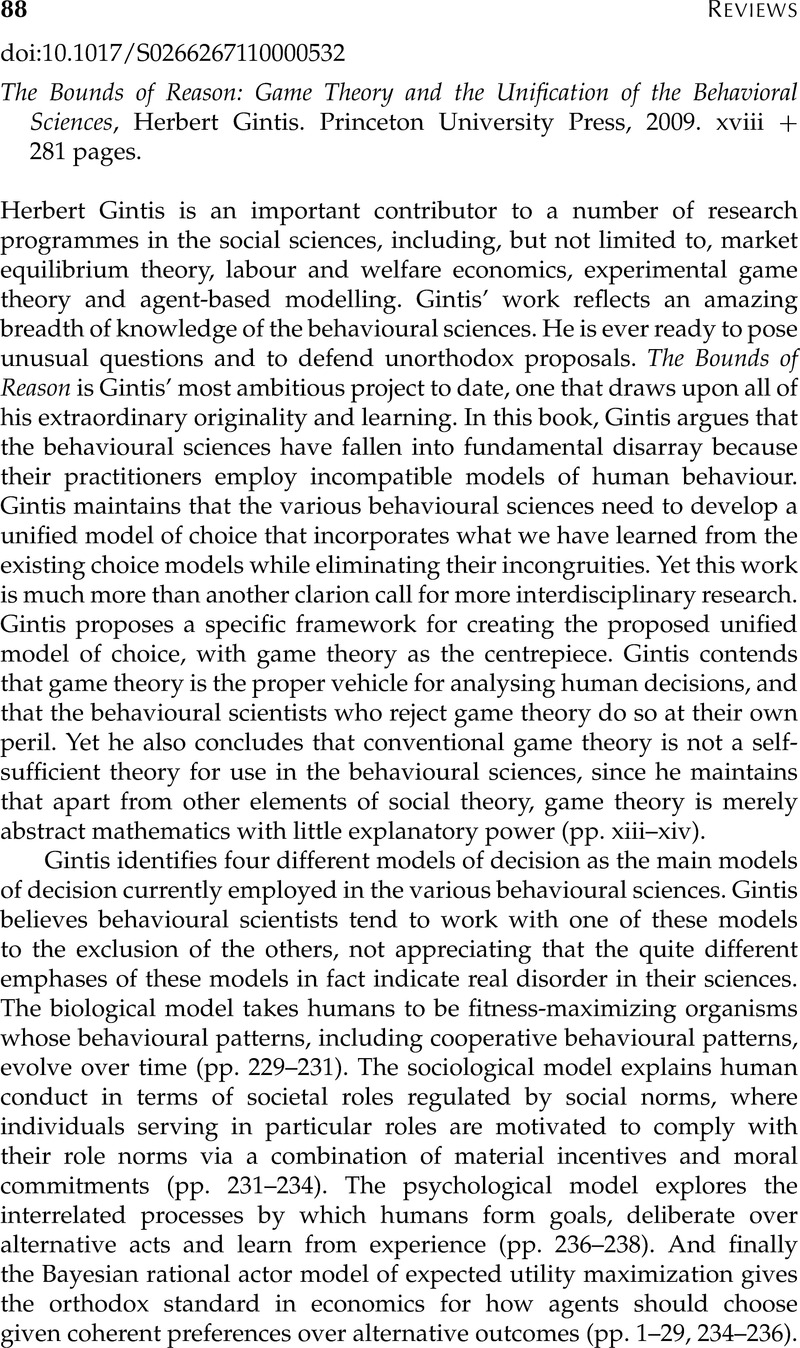Crossref Citations
This article has been cited by the following publications. This list is generated based on data provided by Crossref.
HÉDOIN, CYRIL
2012.
Linking institutions to economic performance: the role of macro-structures in micro-explanations.
Journal of Institutional Economics,
Vol. 8,
Issue. 3,
p.
327.



